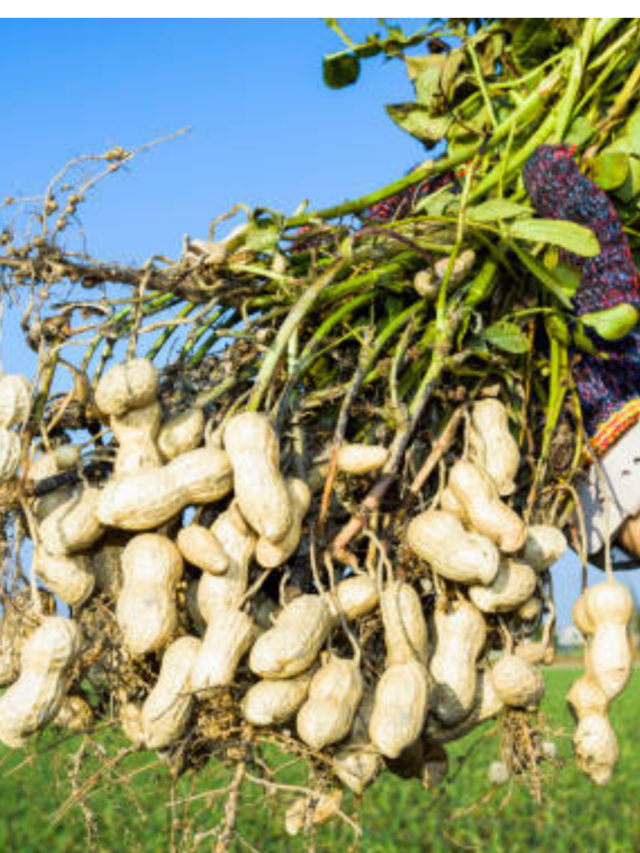Israel, a country with scarce water resources and a challenging desert environment, has emerged as a global leader in agricultural technology. Through innovation and determination, Israeli farmers and scientists have developed cutting-edge solutions to overcome these challenges, transforming the agricultural sector and setting an example for the world.
1. Water Management and Irrigation
One of the most significant advancements in Israeli agriculture is in water management, particularly through the development of drip irrigation. This method, invented by Israeli engineer Simcha Blass in the 1960s, delivers water directly to the roots of plants, minimizing waste and maximizing efficiency.
Key Benefits of Drip Irrigation:
Water Conservation: Uses up to 50% less water compared to traditional irrigation methods.
Increased Crop Yield: Provides precise water delivery, leading to healthier plants and higher yields.
Cost-Effective: Reduces labor and energy costs associated with water usage.
2. Desalination and Water Recycling
Given its limited natural water resources, Israel has invested heavily in desalination and water recycling technologies. The country now produces a significant portion of its drinking water from the sea and recycles nearly 90% of its wastewater, which is then used for agriculture.
Innovations in Water Recycling:
Shafdan Wastewater Treatment Plant: One of the world’s largest and most advanced facilities, treating wastewater to a level suitable for agricultural use.
Aquifer Recharge: Treated wastewater is used to replenish groundwater aquifers, ensuring a sustainable water supply.
3. Greenhouses and Controlled-Environment Agriculture
To combat the harsh desert climate, Israeli farmers have turned to greenhouses and controlled-environment agriculture (CEA). These systems provide optimal growing conditions for a wide variety of crops, regardless of external weather conditions.
Advantages of CEA:
Year-Round Production: Enables continuous cultivation, increasing food security and market stability.
Resource Efficiency: Maximizes the use of water, nutrients, and energy.
Pest and Disease Control: Reduces the need for chemical pesticides through better environmental management.
4. Precision Agriculture
Precision agriculture involves the use of technology to monitor and manage fields at a micro level. Israeli companies are at the forefront of developing and implementing these technologies, which include sensors, drones, and satellite imaging.
Applications of Precision Agriculture:
Soil and Crop Monitoring: Sensors provide real-time data on soil moisture, nutrient levels, and crop health.
Variable Rate Technology (VRT): Allows for the precise application of water, fertilizers, and pesticides, tailored to the needs of specific areas within a field.
Yield Mapping: Helps farmers understand crop performance and make informed decisions for future planting.
5. Biotechnology and Crop Development
Israeli scientists are also making strides in biotechnology, developing genetically modified crops that are more resilient to environmental stresses, pests, and diseases. These innovations ensure that crops can thrive in Israel’s arid climate and poor soil conditions.
Notable Biotechnological Advances:
Salt-Tolerant Crops: Genetic modifications that allow crops to grow in saline soils, expanding the arable land area.
Drought-Resistant Varieties: Plants engineered to require less water, crucial for arid regions.
Pest-Resistant Strains: Reducing reliance on chemical pesticides and promoting sustainable farming practices.
6. Agri-Tech Startups and Ecosystem
Israel is home to a vibrant agri-tech startup ecosystem, fostering innovation and entrepreneurship. Companies like Netafim, CropX, and Prospera are leading the way with groundbreaking technologies that are transforming agriculture both in Israel and globally.
Impact of Agri-Tech Startups:
Global Reach: Israeli agri-tech solutions are exported worldwide, addressing global agricultural challenges.
Investment and Growth: Significant venture capital investment supports the growth and development of new technologies.
Collaborative Research: Partnerships with academic institutions and international organizations drive continuous innovation.
7. Educational and Research Institutions
Institutions like the Hebrew University of Jerusalem and the Volcani Center are central to Israel’s agricultural research and development. These institutions conduct cutting-edge research and provide training programs for the next generation of agricultural scientists and professionals.
Key Contributions:
Research and Development: Leading research in areas such as plant genetics, soil science, and sustainable farming practices.
Education and Training: Offering degree programs and vocational training to equip students with the skills needed in modern agriculture.
International Collaboration: Partnering with institutions worldwide to share knowledge and advance agricultural technology.
Conclusion
Israel’s agricultural technology sector is a testament to the power of innovation in overcoming environmental challenges. Through advancements in water management, controlled-environment agriculture, precision farming, and biotechnology, Israel has not only achieved food security but also become a beacon of agricultural excellence. As global challenges like climate change and water scarcity intensify, the world can look to Israel for inspiration and solutions in sustainable agriculture.
References Web
Netafim – Leader in drip irrigation technology:
Start-Up Nation Central – Platform showcasing Israeli innovations, including agri-tech:
The Hebrew University of Jerusalem – Faculty of Agriculture – Research and educational resources in agriculture:
Hebrew University Faculty of Agriculture
The Volcani Center – Leading agricultural research center in Israel:
CropX – Precision agriculture solutions using soil sensors:









